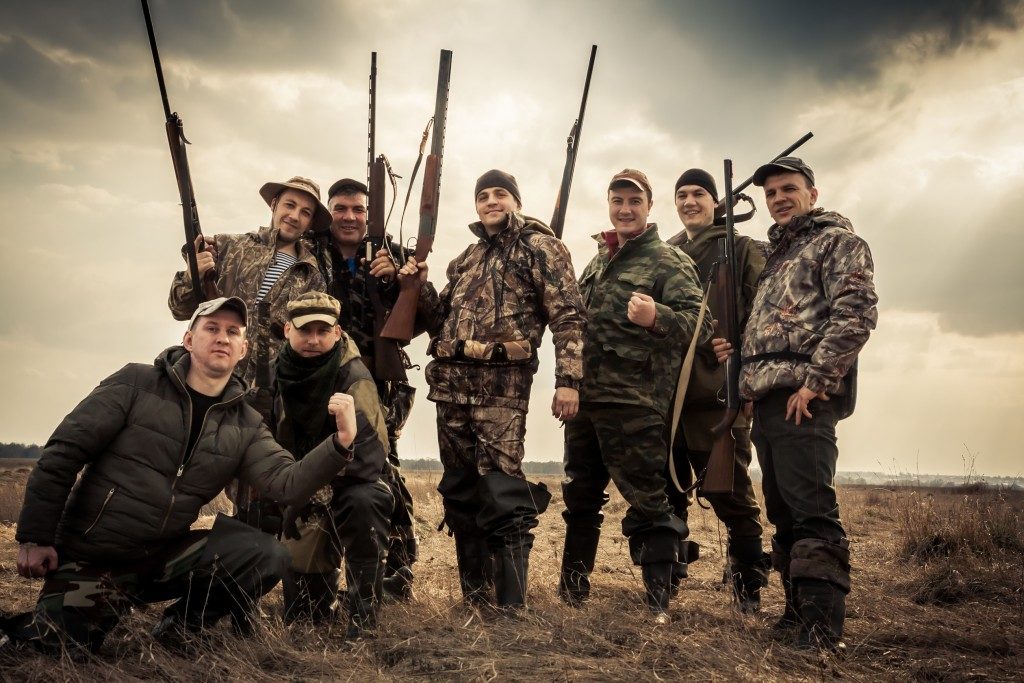In Michigan, hunting stores are gearing up for another riveting hunting season as registration for early antlerless firearm licenses gets underway. But what impacts does hunting deer have on the environment and the local deer population?
Curbing the Local Deer Population
Without hunting season, deer populations will grow rampant — unbalancing the ecosystem and limiting their own food supply. Hunters keep the deer population in check and a scheduled hunting season allows deer to increase in turn. Even a few years without hunting will be enough to bring about an uncontrolled boom in the deer population, and they would likely eat themselves out of their forest habitat. As deer age, it makes them more vulnerable to certain diseases and conditions such as chronic wasting disease (CWD). When deer become overpopulated, CWD has been known to affect whole herds of deer. CWD not only affects deer — it can also spread to the surrounding wildlife. Hunters taking down deer at the prime of their life prevents the spread of deadly diseases. Hunters prize deer that are around 3-5 years of age — giving the younger deer time to grow and repopulate.
Saving More than Deer
“Those who consider sportsmen as enemies of wildlife, are ignorant of the fact that in reality, the genuine sportsman is by all odds the most important factor in keeping the larger and more valuable wild creatures from total extermination.” The words of Theodore Roosevelt that still ring true today. Hunters are one of the most passionate conservationists. They love hunting, and they want to make sure that they can hunt for many years to come. Hunters and anglers are two of the biggest supporters of conservation efforts by the government and private corporations. Funds generated from hunting and angling licenses as well as excise tax (which hunters and anglers imposed themselves) from the sale of hunting and fishing equipment account for 75 percent of almost every state’s wildlife agency’s annual budget. Last year alone, hunters and anglers have provided more than $1 billion towards wildlife and habitat conservation.
Trust your Wildlife Experts
Wildlife experts make precise calculations every year to keep deer populations healthy and manageable. The licenses and bag limits for this year reflect the success (or failure) of the previous year’s hunting efforts. Every tag has been carefully calculated, and there should be little to no problem as long as hunters follow the regulations. Even the efficiency of different hunting implements has been taken to consideration — which is why hunters who prefer to use bows and crossbows have longer hunting seasons.
Environmentalism vs. Conservationism

Conservationists like hunters and anglers have done more for the environment than environmentalists. Purported environmentalists have acted as watchdogs or lobbied for policies they believe will be good for the environment — but conservationists are the most significant driving force of the nation’s wildlife and habitat preservation efforts. Environmentalists have a hands-off approach toward local wildlife — but this approach is more damaging than helpful.
It’s just a few more months until the start of the hunting season. Hone those marksmanship skills and know that you are doing good for the environment and even the deer population.



